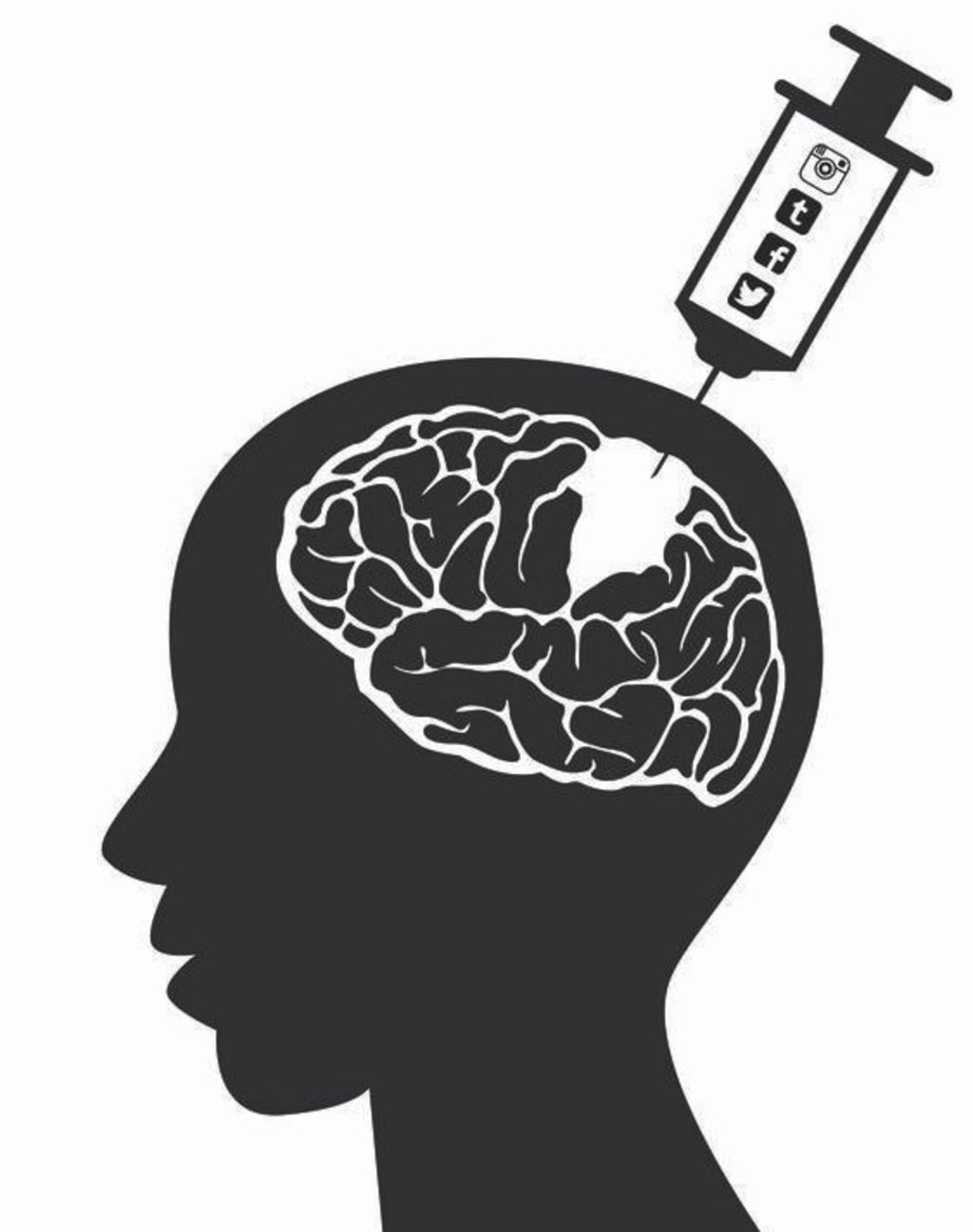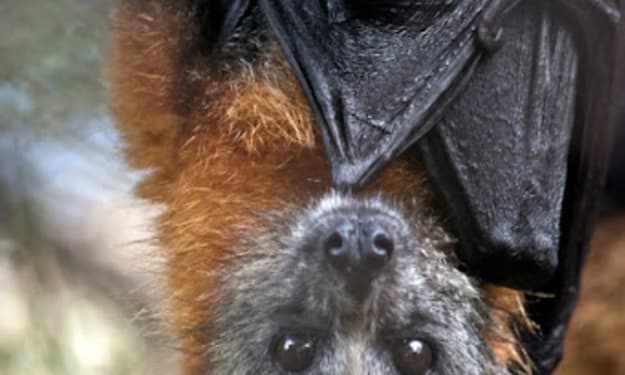The Dark Side of Social Media
Unveiling Its Impact on Our Minds

In the digital age, the allure of social media is undeniable. From endless scrolls on Facebook to captivating videos on TikTok, our online interactions have become an integral part of daily life. However, the consequences of this constant digital engagement go beyond mere entertainment. This article explores the darker aspects of social media, shedding light on its potential to shape our minds, trigger addiction, and contribute to mental health challenges.
Tracing back to the early 2000s, the advent of platforms like MySpace and LinkedIn marked the beginning of a revolutionary era. Facebook, Twitter, Reddit, and YouTube followed suit, providing people with unprecedented opportunities to connect, share, and express themselves. Little did we know that this seemingly innocent revolution would gradually transform our brains.
Antonio Damasio's insights on emotions find resonance in the context of social media. The instant rewards provided by platforms demand minimal effort, leading our brains to rewire themselves. The complexity of our social networks, as measured by online friends and interactions, has been linked to changes in the amygdala – the region regulating emotions and social positioning.
With the introduction of smartphones in 2007, the brain's areas responsible for hand coordination, especially thumbs, increased in size. While seemingly innocuous, these alterations set the stage for subsequent challenges. Studies began revealing the psychological toll of social media, especially on individuals with low self-esteem.
The brain's reward system, crucial for motivation, became a focal point for social media platforms. Dopamine, the neurotransmitter associated with pleasure, is released when we perceive something good. The anticipation of rewards, fueled by algorithmic design, contributes to addictive behaviors. The constant stream of short-form content on platforms like TikTok and Tinder further accelerates this process, altering our interaction with social media.
The repercussions of social media on mental health are profound. Individuals with low self-esteem find themselves heavily impacted by the feedback received on platforms like Instagram. The relentless pursuit of validation through likes and exposure to curated, idealized lives contribute to feelings of inadequacy and unhappiness.
Social media addiction, though not officially recognized as a medical disorder, shares parallels with other forms of addiction. The urge to check our phones becomes incessant, leading to distraction, decreased focus, and potential burnout. Alarmingly, spending more than five hours on social media per day has been linked to a 66% increase in the risk of suic***.
The negative influence extends beyond individual experiences. A peculiar incident in 2021 saw teenagers developing tic-like symptoms seemingly linked to social media content. Anxiety induced by the COVID-19 pandemic, coupled with the consumption of tic-related content on TikTok, created a phenomenon dubbed "social media-induced mass hysteria." The episode emphasized the potential real-world consequences of unchecked online content.
While acknowledging the benefits of social media, particularly in education and business, it's crucial to recognize and mitigate its negative impact. The algorithmic pursuit of user engagement can lead to addiction, reduced attention spans, and compromised mental well-being. Individuals are urged to monitor their online behaviors, take breaks when necessary, and assess the overall impact of social media on their lives.
Social media's influence on our brains is a double-edged sword. While it connects us globally and facilitates knowledge-sharing, its addictive nature and impact on mental health cannot be ignored. As we navigate this digital landscape, a mindful approach is essential – understanding the potential pitfalls, recognizing signs of addiction, and actively managing our online presence to safeguard our well-being.
As the digital era unfolds, the challenge lies in finding a harmonious balance between reaping the benefits of social media and preserving the sanctity of our mental health.
About the Creator
Maria_TheOneAndOnly
Hello, my name's is Maria; I'm a teenager who likes making articles and I found this site perfect to share them. I hope you like the stories I make. Thank you!
Enjoyed the story? Support the Creator.
Subscribe for free to receive all their stories in your feed. You could also pledge your support or give them a one-off tip, letting them know you appreciate their work.






Comments
There are no comments for this story
Be the first to respond and start the conversation.